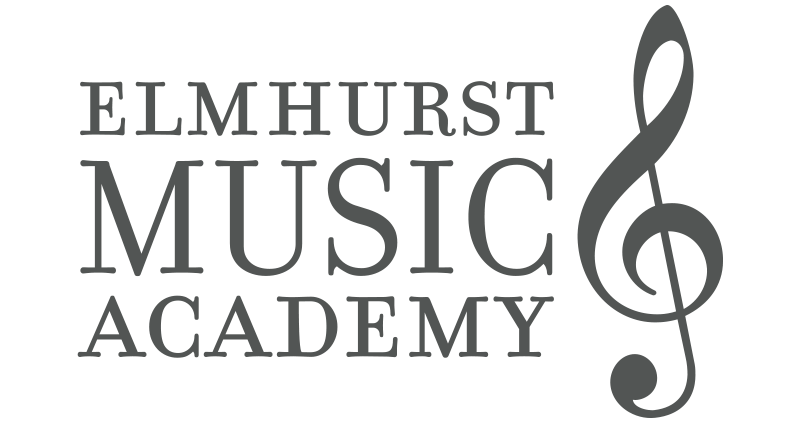Kids Music Lessons
What You Need to Know
Music education is a wonderful choice for your child that provides many benefits beyond music, and finding quality music lessons is not as hard as you might think. Whether you are thinking of guitar, violin, or piano lessons, here’s what you need to know to get started.
Benefits Beyond Music
Kids music lessons provide benefits beyond simply learning how to strum a guitar or play a piano. A musical education will help your child:
- improve reading and math skills
- develop physical coordination
- learn discipline, patience, and time management
- build confidence
- appreciate music and other cultures
Music lessons can be used as a springboard to foster the parent-child bond. Consider learning an instrument together with your child, or make time to share and discuss different styles of music together.
Teachers Make a Difference
The right music teacher can have a lasting impact on your child’s musical development. The qualities to look for are:
Encouraging – a nurturing teacher who motivates the student with a positive attitude will engage the student and provide better results.
Educated – a teacher with a music degree can help your child build a solid musical foundation and create a deep appreciation of music.
Adaptable – an educated teacher knows many teaching methods and can adapt to meet the child’s learning style.
At Elmhurst Music Academy, we select teachers based on both on their professional credentials and their ability to encourage students and make music lessons fun.
Music School is Best
Music schools provide several benefits over private lessons in the home.
Focus – kids concentrate better when not distracted by their toys, siblings, and home life.
Stimulation – children benefit from being in a creative environment filled with instruments and the opportunity to meet other kids with musical interests.
Vetting – knowledgeable management can vet and hire the best teachers for you.
Flexibility – a school can assist with switching teachers or finding a substitute when a favorite teacher is unavailable.
As a music school, Elmhurst Music Academy is also able to offer many opportunities for students to perform at our recitals throughout the year.
Practice: The Age-Old Dilemma
The inside secret to motivating your child to practice is experienced teachers and active parents.
Experienced teachers can adapt to your child’s learning style and have multiple creative ways to motivate them to practice.
Parental involvement is also valuable and the type of involvement may vary by the age of the student. For children 5-8 years old, parents can sit in with the child during the lesson and lead the child in practice for 15-20 minutes a day at home. For older students, parents can ensure there is space in the home for practice and help their child work through time management issues.
At Elmhurst Music Academy, we recognize each child is different and are happy to work with parents to determine the best way to motivate and encourage each student to practice and succeed.
When to Start
Of course, it’s never too late to start learning a musical instrument. But if you are wondering how soon your child can start, here are our recommendations for minimum student ages for private lessons in each instrument.
Guitar Lessons
Children can start guitar lessons at 5 years old. (4 years old in some cases.) Children under 12 require a custom sized guitar.
Piano Lessons
Children can start piano lessons at 5 years old. (4 years old in some cases.)
Drum Lessons
Children can start drum lessons at 5 years old. If you are not sure what instrument to choose, drums are a great instrument to start out with because they provide a solid rhythmic foundation that can be applied to other instruments in the future.
Bass Lessons
Children can start lessons on the upright or electric bass at 8 years old. Children under 12 require a custom sized bass.
Voice Lessons
We recommend that children start voice lessons at age 8 or older, and that children 8-10 years of age take voice and piano lessons together.
Violin Lessons
Children can start violin lessons at 4 years old. We recommend the Suzuki method for very young students only. Children under 12 require a custom sized violin.
Toddlers and Pre-Schoolers
Young children can participate in music programs as soon as they are able to walk. These programs are typically group activities with lots of simple percussive instruments and can help develop rhythm and coordination.

Phone: 630-518-9500 /
Email: info@elmhurstmusicacademy.com /
611 N York Road Elmhurst, IL 60126

